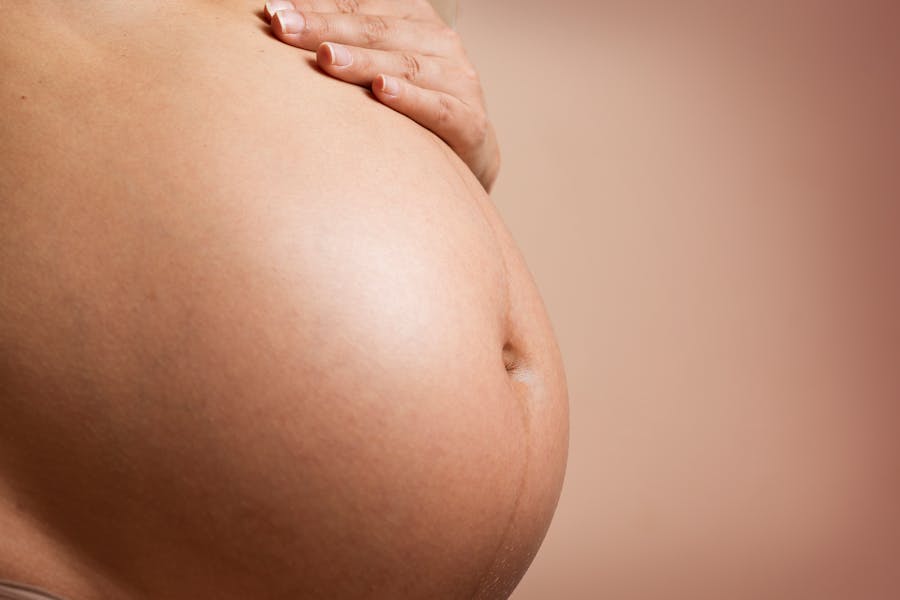Pregnancy and childbirth are often celebrated as happy events in a woman’s life. However, for many women, this time can be physically and emotionally challenging—one of the most common mental health issues that new mothers face is postpartum depression. We will explore postpartum depression and the baby blues, including their causes, symptoms, and treatment options.
Baby Blues:
Baby Blues, also known as postpartum blues, is a common condition that affects many new mothers. This condition typically occurs in the first few days after giving birth and lasts up to two weeks. The baby blues are caused by the sudden drop in hormones after delivery and childbirth’s physical and emotional stress.
Symptoms of baby blues include mood swings, irritability, crying spells, and feelings of anxiety. These symptoms are usually mild and go away within a few weeks.
Postpartum Depression:
Postpartum depression is a more severe condition that affects about 1 in 7 women after childbirth. This condition can occur any time in the first year after delivery, lasting for months or even longer.
Hormonal, physical, and emotional factors cause postpartum depression. The sudden drop in hormones after childbirth and the physical and emotional stress of caring for a newborn can trigger this condition. Additionally, women with a history of depression or anxiety are at a higher risk of developing postpartum depression.
Symptoms of postpartum depression include sadness, hopelessness, guilt, loss of interest in activities, trouble sleeping or sleeping too much, difficulty bonding with the baby, and thoughts of self-harm or suicide.
Ignoring the signs may have more damaging consequences.
PPD can affect a woman’s ability to bond with her baby. This can lead to feelings of guilt, inadequacy, and sadness. The lack of bonding can also make it more difficult for the mother to care for her baby and build a relationship, leading to more stress and overwhelming feelings. In effect, a woman’s relationship with her partner and family can also suffer and cause a disconnect. She may feel isolated and unsupported, which can exacerbate depression and anxiety. PPD may lead to changes in appetite, sleep disturbances, and fatigue, and these symptoms can make it more difficult for the mother to care for herself and her baby.
The risk for future mental health problems can increase episodes of depression and anxiety and have a long-term impact on their overall well-being and quality of life. It is crucial to seek treatment immediately to prevent these long-term impacts.
Treatment:
The treatment for baby blues usually involves self-care practices, such as getting enough rest, eating a healthy diet, and seeking emotional support from family and friends. In some cases, counseling or therapy may be necessary.
For postpartum depression, treatment may include therapy, medication, or a combination of both. Therapy can help new mothers to learn coping skills and manage their symptoms. Medications, such as antidepressants, can help balance hormones and improve mood, there are also natural supplements available to bring relief, but it’s always wise to speak to a healthcare professional about this.
Self-care is also an essential aspect of treatment for postpartum depression. New mothers should prioritize self-care practices such as exercise, healthy eating, and getting enough rest. Support from family and friends is also crucial in managing this condition.
It’s important to note that seeking help for postpartum depression is not a sign of weakness. It takes courage to admit that you’re struggling and ask for help. New mothers should not feel ashamed or embarrassed to talk to their healthcare provider about their symptoms.
These are much more common occurrences affecting new mothers, and incredible resources and assistance are available. While the baby blues usually go away on their own within a few weeks, postpartum depression can last for months or even longer. New mothers need to prioritize self-care, and with the proper treatment and support, new mothers can recover from postpartum depression and enjoy the blessings of motherhood.



